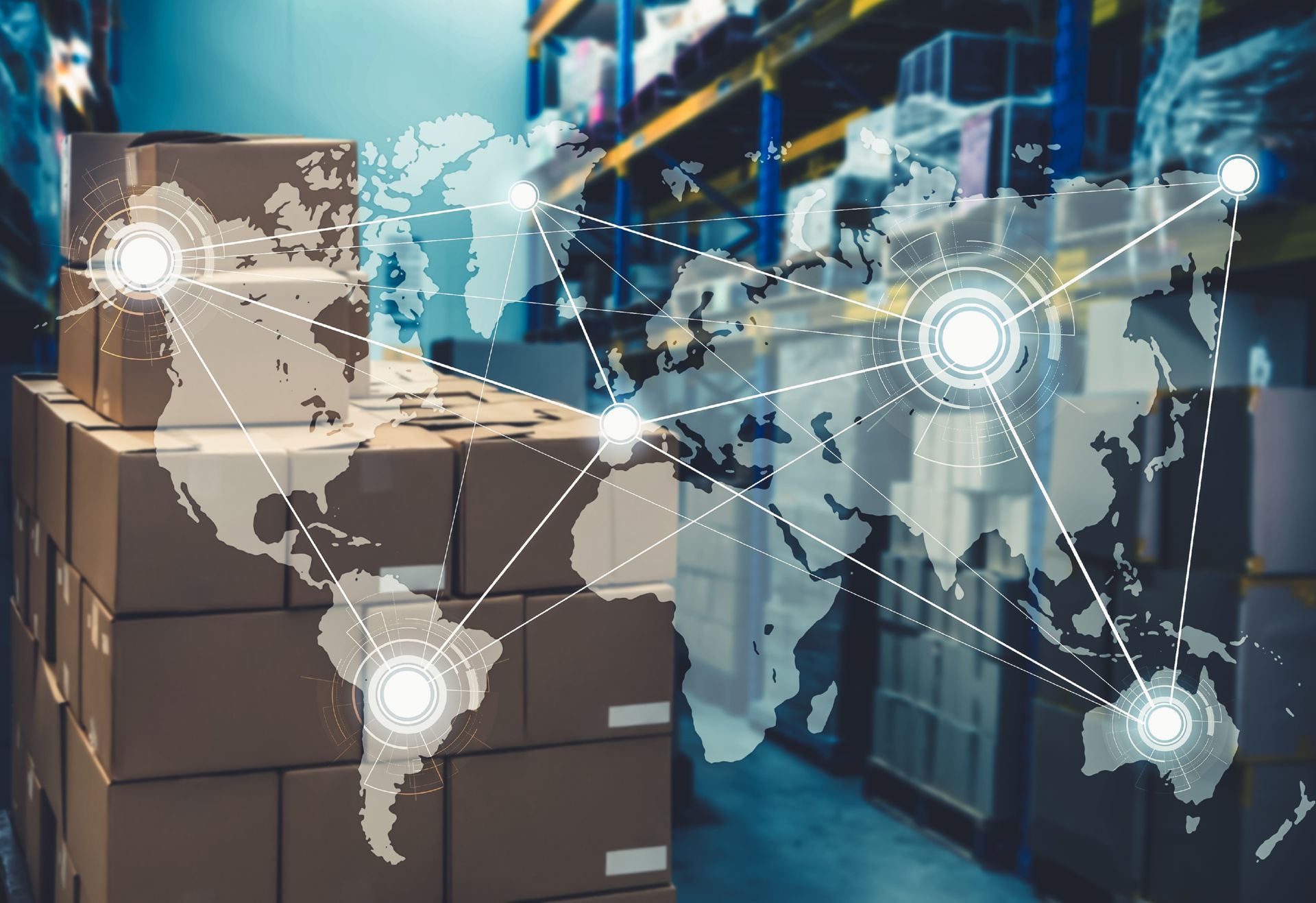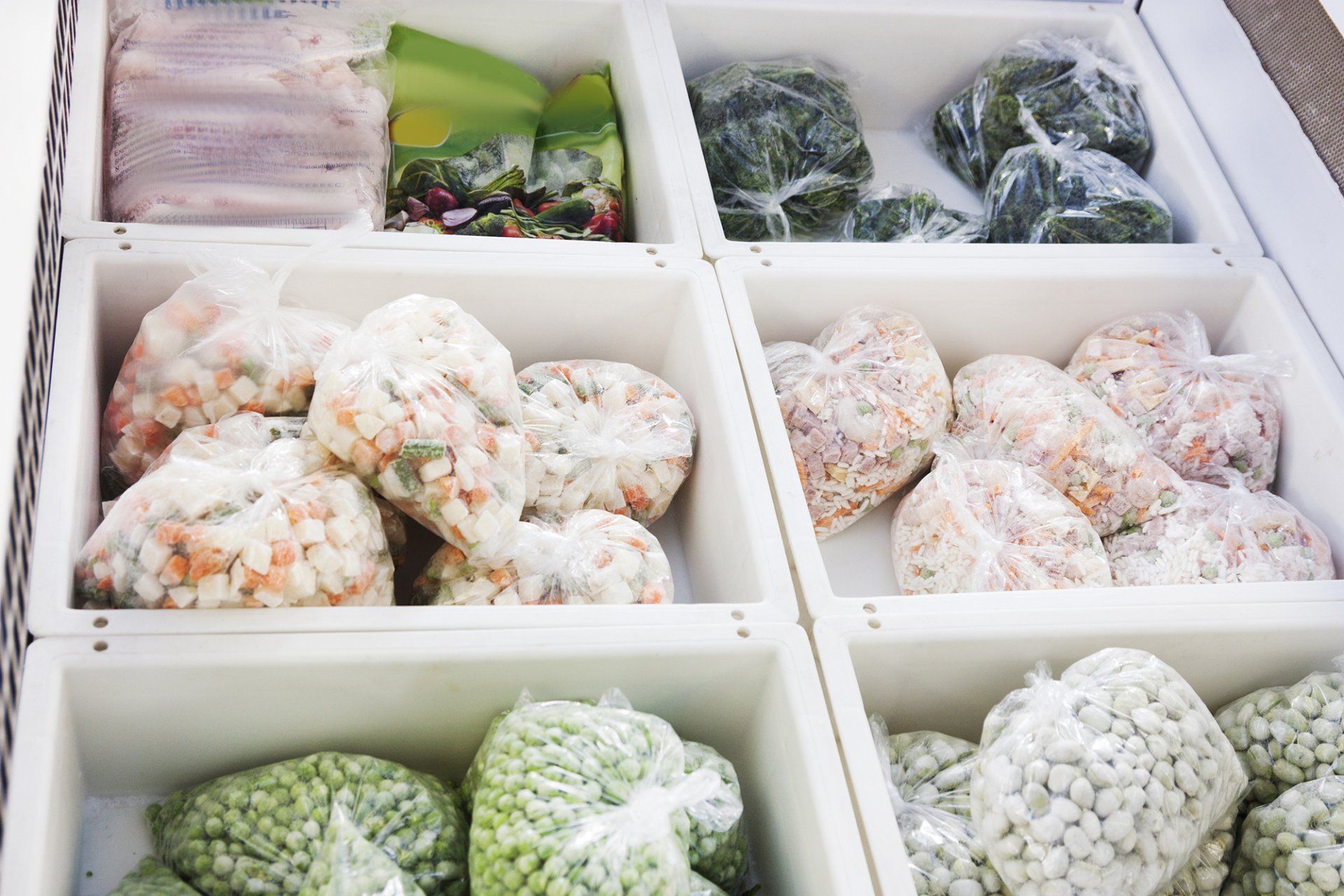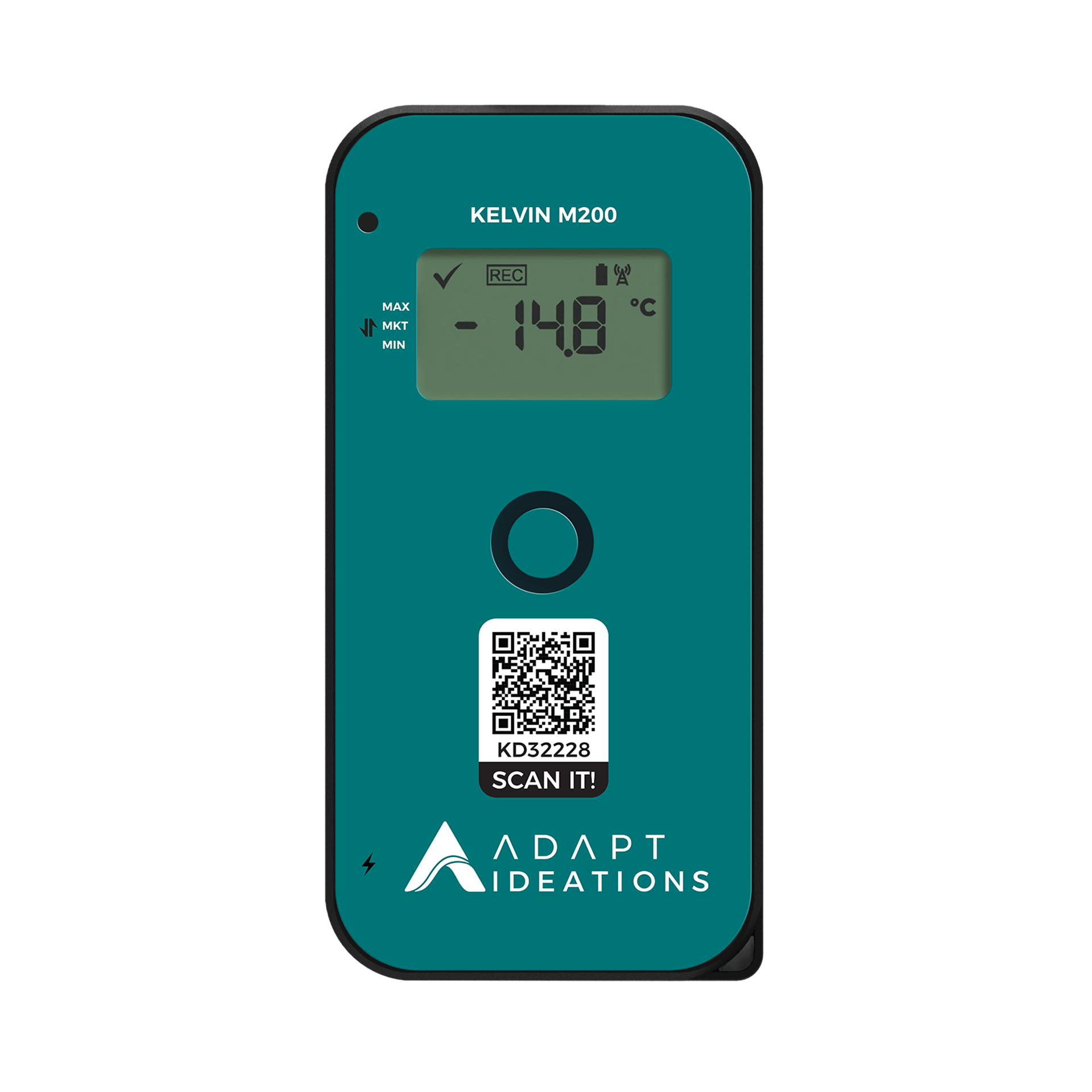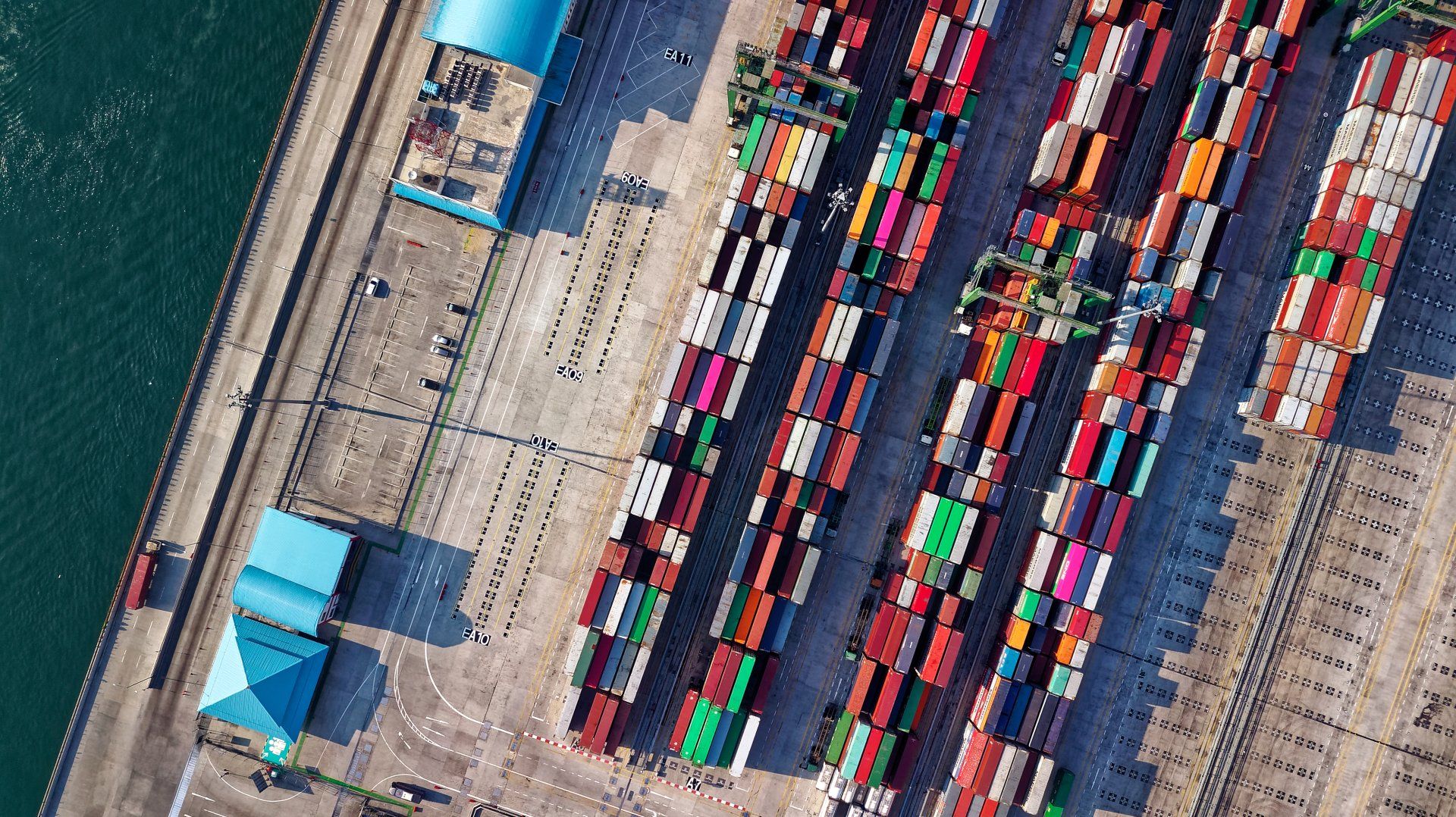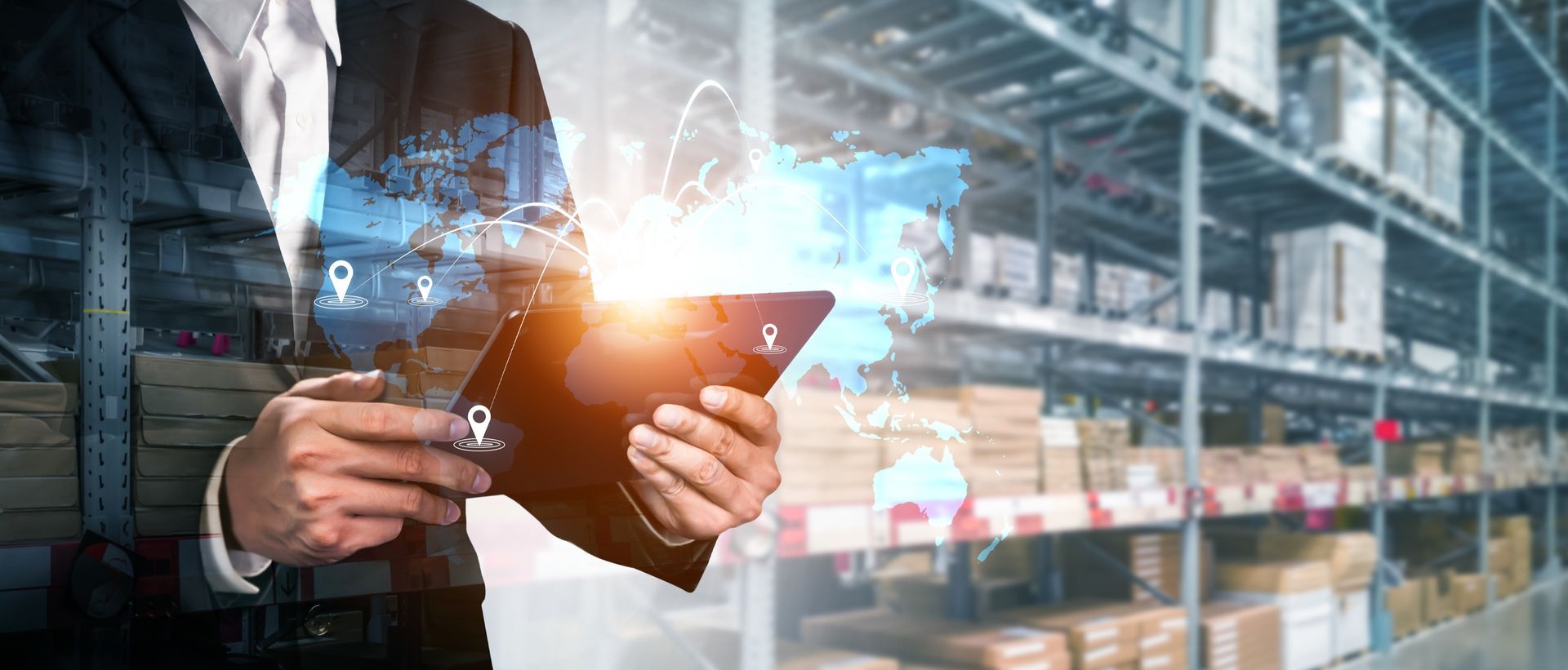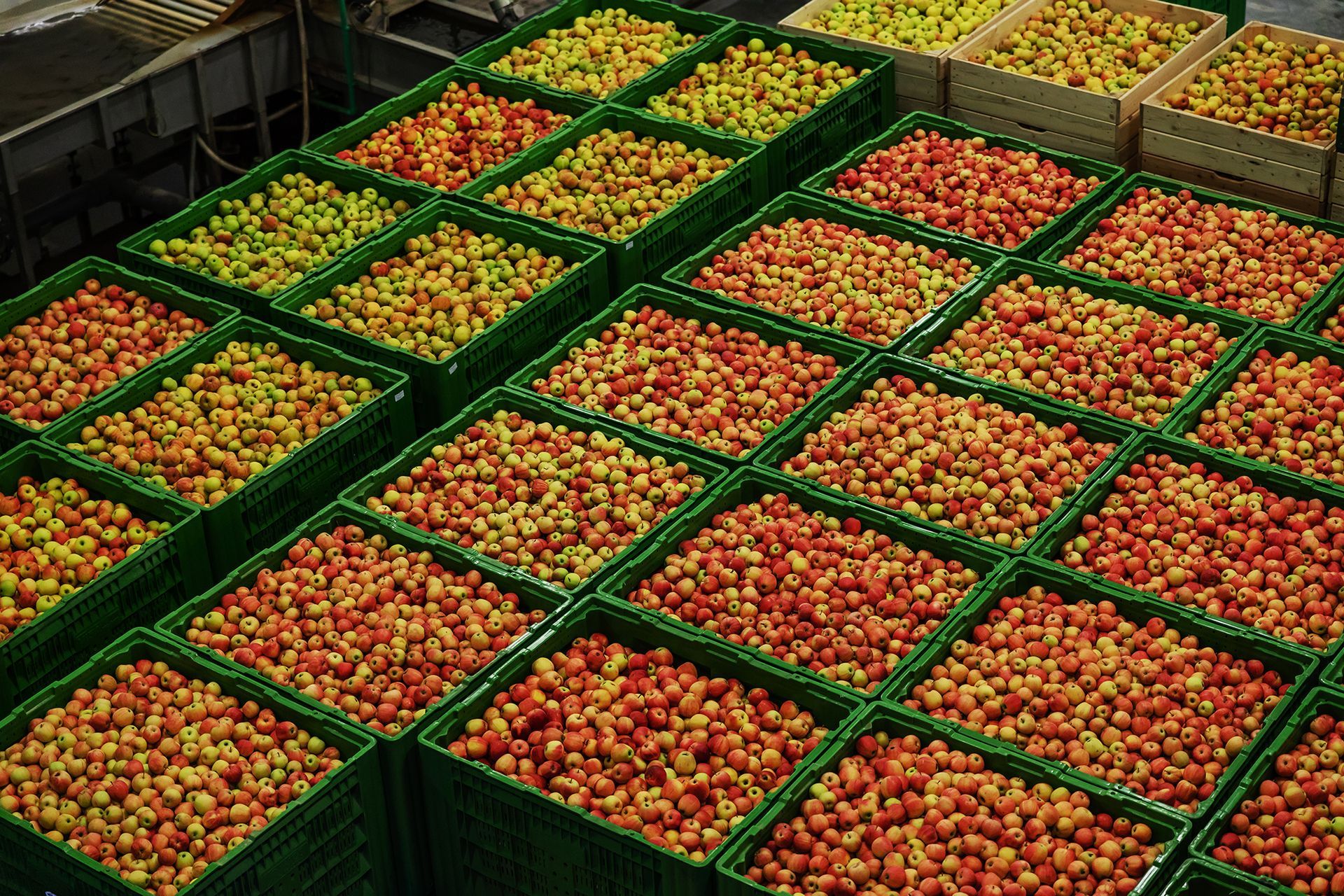What Is A Cold Chain? Learn All About Temperature-Controlled Logistics
If you are in the business of transporting goods that need to be kept at a specific temperature, then you need to read Adapt Ideations' guide on cold chain logistics. This is the process of transporting goods that are temperature-sensitive and requires effective cold chain management to ensure products are kept at the correct temperature from start to finish, requiring careful planning and execution. In this blog post, we will discuss what cold chain systems are and how data loggers can help you monitor your shipments.
In this post, we will cover the following:
- What is a cold chain?
- How does a cold chain work?
- What are the benefits of cold supply chain management?
- What is transported through a cold chain?
- What temperature should goods be transported at?
- What are some common hazards during transportation?
- How can data loggers help with cold chain logistics?
What is a cold chain?
A cold chain is the process of transporting goods that need to be kept at a specific temperature in order to maintain their quality. The cold chain control is important for businesses that deal with food, pharmaceuticals, and other items that must be kept at a certain temperature in order to remain fresh or effective. Temperature-controlled logistics is the process of ensuring that goods are kept at the correct temperature from start to finish, and it requires careful planning and execution.
An unbroken cold chain is a system of refrigerated production, storage, and distribution that keeps the quality of the product at a desired low-temperature range. This is reliant on effective cold chain management throughout the entire cold chain ensuring that prolonged breaches do not occur and if they do, proactive action can be taken. For example, fresh agricultural products, seafood, frozen foods, chemicals, and pharmaceuticals are commonly products that are temperature-sensitive.
Cold chain goods, unlike other items or commodities, are highly perishable and can easily be impacted by not only temperature excursions but also shock and light exposure and can be considered time-sensitive depending on the product.
How does a cold chain work?
A cold chain works by transporting goods in a controlled environment where the temperature is maintained at a specific level. This is important for businesses that deal with food, pharmaceuticals, and other items that must be kept at a certain temperature in order to remain fresh or effective. Temperature-controlled logistics is the process of ensuring that goods remain within the correct temperature conditions from start to finish. Cold chain management plays an important role within this requiring careful planning and execution and close monitoring of vital metrics such as location, temperature controlled environments, shock, and light exposure.
One of the most important aspects of cold chain logistics is the use of
temperature data loggers. Data loggers can help you monitor your shipments and ensure that the
temperature is maintained throughout and remains within the ideal temperature range. This can help you avoid costly damages and ensure that your goods arrive at their destination in the correct condition.
What are the benefits of cold chain management?
The benefits of effective cold chain management are extensive. By implementing effective cold chain management, businesses can protect their products and ensure that they reach their destination in the same condition as when they left the warehouse so businesses can avoid costly damages and ensure that their products arrive at their destination in perfect condition.
There are many advantages to implementing effective cold chain management processes in your business:
- Reduced product spoilage means less inventory replacement expenses and more revenue per shipment.
- The lower the chance of spoiled products being received by end users, which means reduced penalties and negative impacts on business relationships.
- With improved product quality and consistency, higher customer satisfaction can be achieved.
- A wider range of transportation methods can help improve exports and allow entrance into new markets.
- Improved regulatory compliance — especially when shipping food and medical products, which are held to higher standards that are globally enforced more strictly.
Clients who want to set up global networks and profit from growth possibilities in developing countries require effective cold chain logistics and management. There are numerous business opportunities for firms that are prepared to enter emerging markets, with over 70% of the world's population concentrated in developing or emerging nations.
What is Transported Through a Cold Chain?
The items that are typically transported through a cold chain include food, pharmaceuticals, and other items that must be kept at a certain temperature in order to remain fresh or effective.
Food & beverages cold chain logistics include:
- High-end foodstuffs
- Frozen / fresh foods
- Fruits and vegetables
- Meat and seafood
- Poultry and dairy
- Alcohol
- Cold carbonated drinks
- Processed food
- Ready-to-eat food
Pharmaceutical cold chain logistics include:
- Vaccines
- Pharmaceuticals
- Healthcare products
- Biologics
Temperature-sensitive chemicals cold chain logistics include:
- Volatile chemicals
Maintaining low temperatures to protect perishable products is critical, but not all temperature controlled haulage has to be carried at sub-zero temperatures. In the wintertime, certain fruits and veggies must be kept warm in order to preserve their texture or extend their shelf life. Cold chain logistics, also known as temperature-controlled transportation or cool chain logistics, is a term that refers to maintaining specific temperature and ambient conditions for different types of cold chain cargo.
During the transportation process, temperature data loggers are a valuable tool for businesses that deal with food, pharmaceuticals, and other items that need to be kept at a specific temperature during transportation. These devices can help you monitor your shipments and maintain the correct temperature for your goods to avoid costly damages, ensure other parameters are not violated such as geofences, shock and light and ensure that your products arrive On Time In Full.
What temperature should goods be transported at?
It's important to maintain the correct temperature in order to keep them fresh and effective when it comes to transporting goods. Depending on the type of goods being transported, the ideal temperature range may vary. To ensure that your products arrive at their destination in the same condition as when they left the warehouse, it is recommended by GMP Compliance that goods be transported at a temperature ranges of:
- (Below -15 °C) Frozen — seafood & meat exports.
- (2 °C to 4 °C) Chilled — fruit & vegetables, fresh meat & certain dairy products.
- (2 °C to 8 °C) Pharma — medicines & vaccines.
- (8 °C to 14 °C) Cool-chain — fresh produce, processed food, over-the-counter drugs.
If it wasn't for recent advancements in temperature-controlled shipping methods, it would be nearly impossible to transport items safely at such extreme temperatures and in different temperature ranges.
Modern enterprises may now develop global supply chains for temperature-sensitive perishable goods thanks to temperature-controlled transportation choices.
Cold Chain Logistics from start to finish - whats involved?
The four fundamental components of the cold chain are as follows:
- Temperature-controlled storage, or cold chain refrigeration, is a specialized type of facility where temperature-sensitive cargo is stored until it needs to be shipped out.
- Temperature-controlled transport is a process of transporting goods using specialized containers that are designed to maintain a certain temperature. This can be done via air, water, road, or rail.
- Trained and diligent staff with a thorough understanding of the intricacies of shipping critical cold chain items.
- Excellent cold chain management and operational processes are crucial for maintaining a proactive risk-management strategy.
What are some common hazards during transportation?
Temperature Fluctuations
One of the biggest dangers posed to temperature-sensitive goods during transportation is the risk of accidental temperature fluctuations. This can be caused by a variety of factors, such as changes in the ambient temperature, improper packaging, and delays in transportation.
Contamination
Another common hazard during transport is contamination. This can be caused by contact with other products or materials, as well as exposure to dust, dirt, and other debris. Contamination can pose a serious threat to the quality of temperature-sensitive goods, and it is, therefore, important to take steps to prevent it from happening.
Theft
Finally, one of the biggest dangers to
temperature-sensitive goods is theft. This can be a major problem for a temperature-controlled logistics company that transports high-value items, such as pharmaceuticals or seafood.
How can data loggers help with cold chain logistics?
Temperature data loggers can play a crucial role in ensuring the safety of temperature-sensitive goods during transportation. By continuously recording the temperature of the goods, data loggers can help businesses track any sudden changes in temperature that may occur during transport. This can help them identify and address any potential hazards before they cause damage to the goods.
In addition, data loggers can help businesses verify that their shipments have been transported at the correct temperature. This can be helpful in cases where there is a dispute over the condition of the goods upon arrival. Having accurate temperature data can help businesses resolve any disputes quickly and easily.
Overall, data loggers provide an invaluable tool for businesses that deal with temperature-sensitive goods. By providing continuous monitoring of the shipment's temperature, data loggers can help businesses avoid costly damages and ensure that products are 100% compliant.
Enquire to find out more about our innovative solutions and how they can be utilised at enquiries@adaptideations.com
Share Our Post.
Awards & Recognition

Best Temperature Monitoring Solution Provider
Awarded by India Biologics & Vaccines Outstanding Industry Awards 2022

Adapt Ideations Recognised As A Supply Chain Leader
by Alcott Global on Supplify's Supply Chain Tech Map 2.0
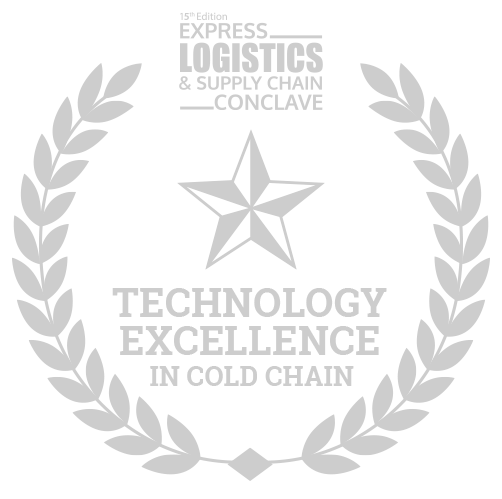
Related Articles.

